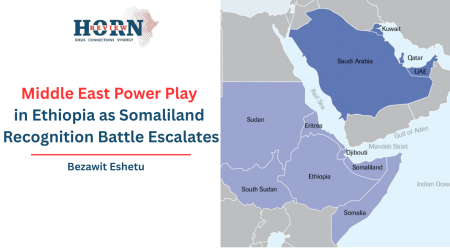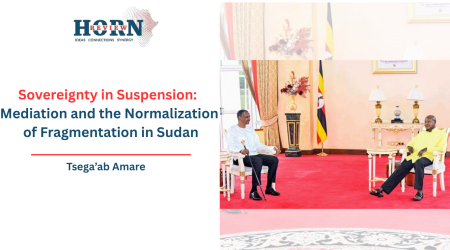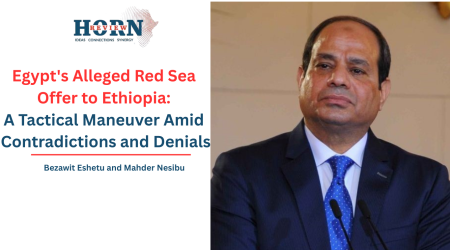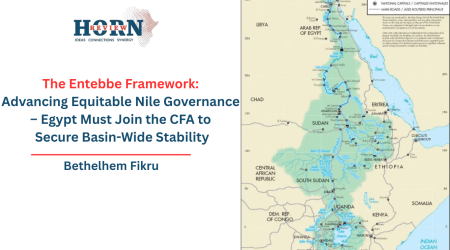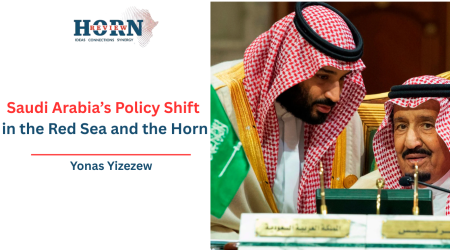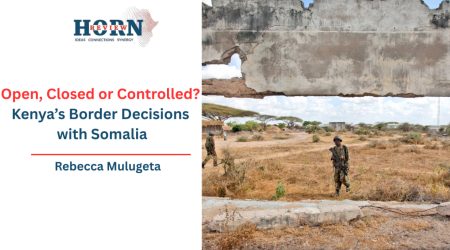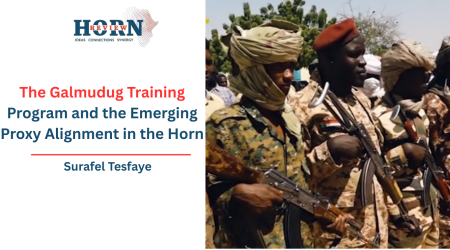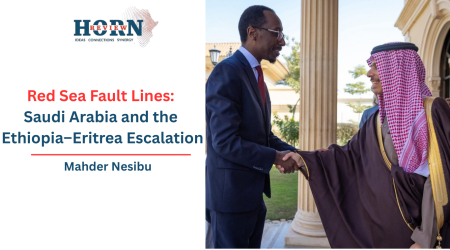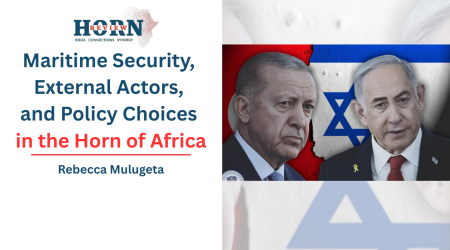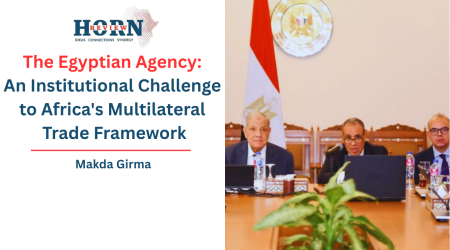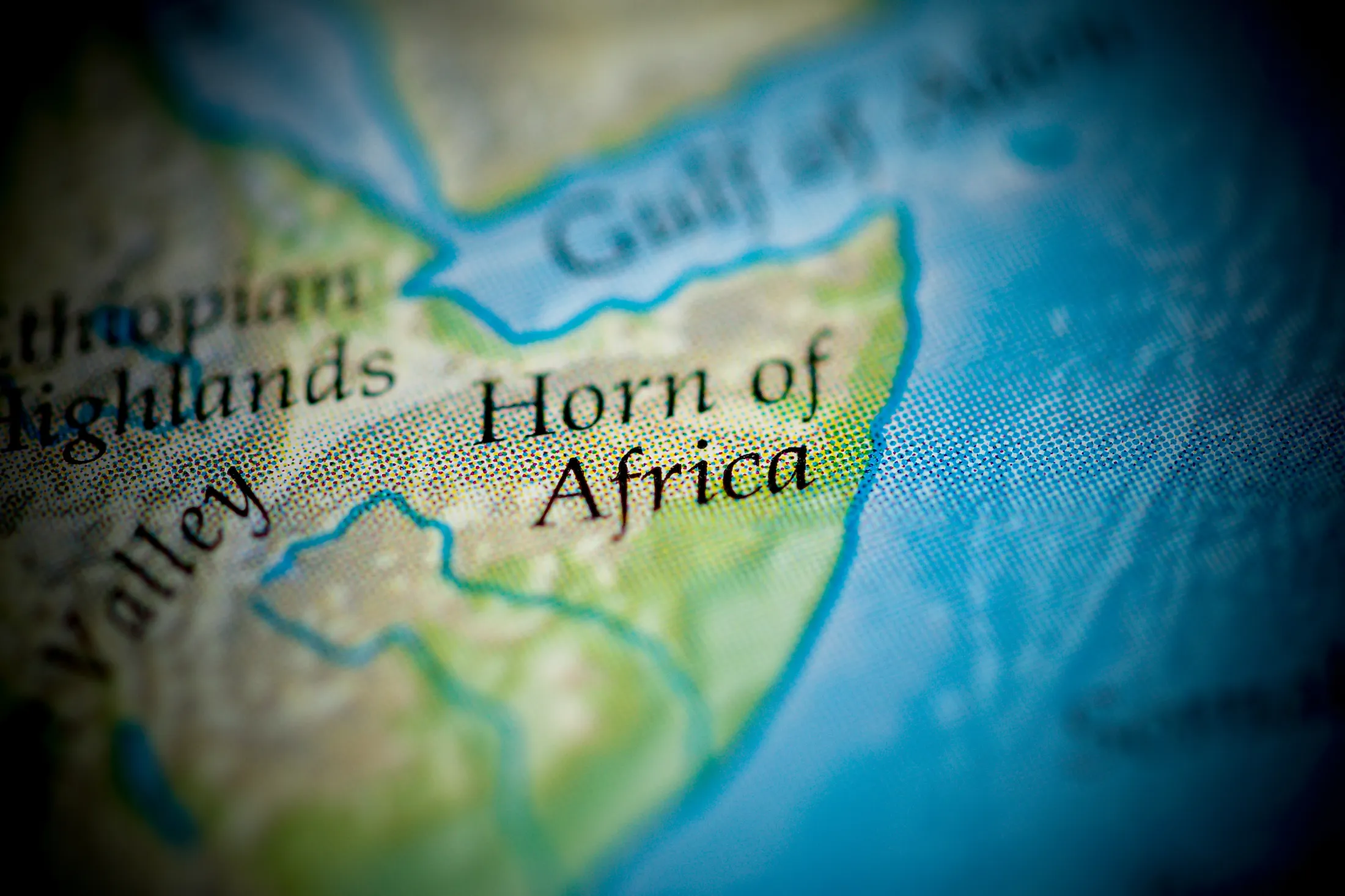
18
Feb
The Politics of Regional Integration in the Horn of Africa: Unraveling Challenges and Unlocking Game-Changing Prospects
The Horn of Africa is a region grappling with a convergence of increasingly frequent and severe climate crises, including droughts and floods, alongside conflicts, disease outbreaks, and economic shocks. These challenges have created a dire situation where access to basic necessities such as clean water, food, healthcare, and education remains out of reach for the majority of the population. The region is also characterized by some of the lowest per capita income, life expectancy, and literacy rates in the world, while adult and infant mortality rates are among the highest. Recurring droughts exacerbate food shortages, making the Horn of Africa one of the most food-insecure regions globally.
When we consider the security of the states in the region, it is complex and constantly evolving, with the political fate of each nation deeply intertwined with that of its neighbors. No state in the region has been able to remain insulated from the problems of others, regardless of geographical distance or relative strengths and weaknesses. The interdependence of states in the Horn of Africa underscores the importance of collective action in addressing issues that transcend national borders. This is where the term regional integration comes into play.
Regional integration can be defined as a process or arrangement in which countries within a specific geographical area voluntarily surrender aspects of their sovereignty to achieve common goals or enjoy benefits that would be unattainable individually. This process involves compromises on the part of member states regarding their sovereign powers but aims to enhance the overall quality of life for their citizens. By pooling resources and coordinating policies, regional integration seeks to create a framework for addressing shared challenges and fostering economic and social development.
What should be noted is that regional integration is not merely a symbolic gesture; it has tangible effects on the everyday lives of people and plays a crucial role in addressing cross-border challenges such as trade, environmental sustainability, and peace and security threats. However, for regional cooperation to succeed, states must provide necessary resources, such as staff, and grant these institutions the power to draft policies and oversee their implementation. This requires a degree of compromise on state sovereignty, which is often a significant hurdle.
In the Horn of Africa, various initiatives have been undertaken to promote regional integration. These efforts can be broadly categorized into three groups. The first includes regional integration arrangements that involve countries from the Horn of Africa as well as other African nations, such as the Common Market for Eastern and Southern Africa (COMESA) and the East African Community (EAC). The second category consists of arrangements exclusively involving Horn of Africa states, such as the Intergovernmental Authority on Development (IGAD). The third category encompasses bilateral agreements designed to facilitate regional integration. But they are not without problems.
Compared to other regions, progress in the Horn of Africa has lagged due to inadequate political will and commitment. Challenges include slow implementation of regional laws, failure to pay contributions, reluctance to share sovereign power, frequent conflicts, political instability, insufficient funding for regional projects, and underdeveloped infrastructure. Additionally, the region’s political dynamics are often characterized by subversion, where states sponsor destabilizing activities against their neighbors, adhering to the principle of “my enemy’s enemy is my friend”. There are also other issues like overlapping regionalism and forum shopping.
The phenomenon of “overlapping regionalism” occurs when a state is a member of multiple regional organizations (ROs) with similar policy mandates. This overlap often leads to increased costs and coordination challenges, as states must allocate finite financial, administrative, and political resources across multiple organizations. Despite these challenges, many African countries belong to several ROs simultaneously. For instance, 25 African states are members of two regional economic communities (RECs), 17 belong to three, and six are members of four. This overlapping membership complicates the integration process and highlights the need for better coordination among regional organizations. IGAD also faces similar challenges, as several of its members, such as Kenya, Uganda, and Somalia, also belong to other regional bodies like the EAC and COMESA.
This complex web of memberships underscores the difficulties in achieving cohesive regional integration in Africa.
On the other hand, Forum shopping refers to the process by which states choose one institution or organization over another, create new ones, or abandon existing ones based on specific conditions and motivations. States aim to minimize transaction costs by selecting forums that promise to efficiently address particular problems. They typically opt for organizations that offer the highest degree of formal competencies within the relevant policy area, a relatively strong influence for the state within the organization, and the greatest institutional capacity and experience. The Horn states are continuously engaging in this activity.
States in the region should recognize that cooperation is needed more than ever. The decades-long struggle for regional integration has faced numerous challenges, which require a collective effort from each nation. There are a lot of pressing issues that require collaboration to be solved. Shared social and cultural values rooted in centuries-old traditions of interrelationships, common religious practices, and economic linkages can be helpful if utilized effectively.
By Yabsira Yeshiwas, Researcher, Horn Review

